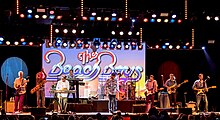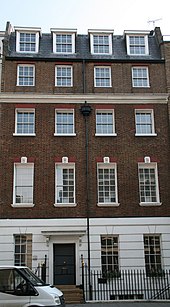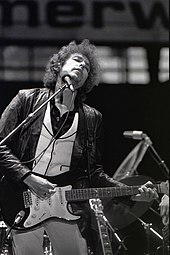Released on 26 September, Abbey Road sold four million copies within three months and topped the UK charts for a total of seventeen weeks. Its second track, the ballad "Something", was issued as a single – the only Harrison composition that appeared as a Beatles A-side. Abbey Road received mixed reviews, although the medley met with general acclaim. Unterberger considers it "a fitting swan song for the group", containing "some of the greatest harmonies to be heard on any rock record". Musicologist and author Ian MacDonald calls the album "erratic and often hollow", despite the "semblance of unity and coherence" offered by the medley. Martin singled it out as his favourite Beatles album; Lennon said it was "competent" but had "no life in it".
For the still unfinished Get Back album, one last song, Harrison's "I Me Mine", was recorded on 3 January 1970. Lennon, in Denmark at the time, did not participate. In March, rejecting the work Johns had done on the project, now retitled Let It Be, Klein gave the session tapes to American producer Phil Spector, who had recently produced Lennon's solo single "Instant Karma!" In addition to remixing the material, Spector edited, spliced and overdubbed several of the recordings that had been intended as "live". McCartney was unhappy with the producer's approach and particularly dissatisfied with the lavish orchestration on "The Long and Winding Road", which involved a fourteen-voice choir and 36-piece instrumental ensemble. McCartney's demands that the alterations to the song be reverted were ignored, and he publicly announced his departure from the band on 10 April, a week before the release of his first self-titled solo album.
On 8 May 1970, Let It Be was released. Its accompanying single, "The Long and Winding Road", was the Beatles' last; it was released in the US, but not in the UK.














